“These plays are finely tuned stories of the human condition”: Jessica Rhodes on the RSC’s new Tempest
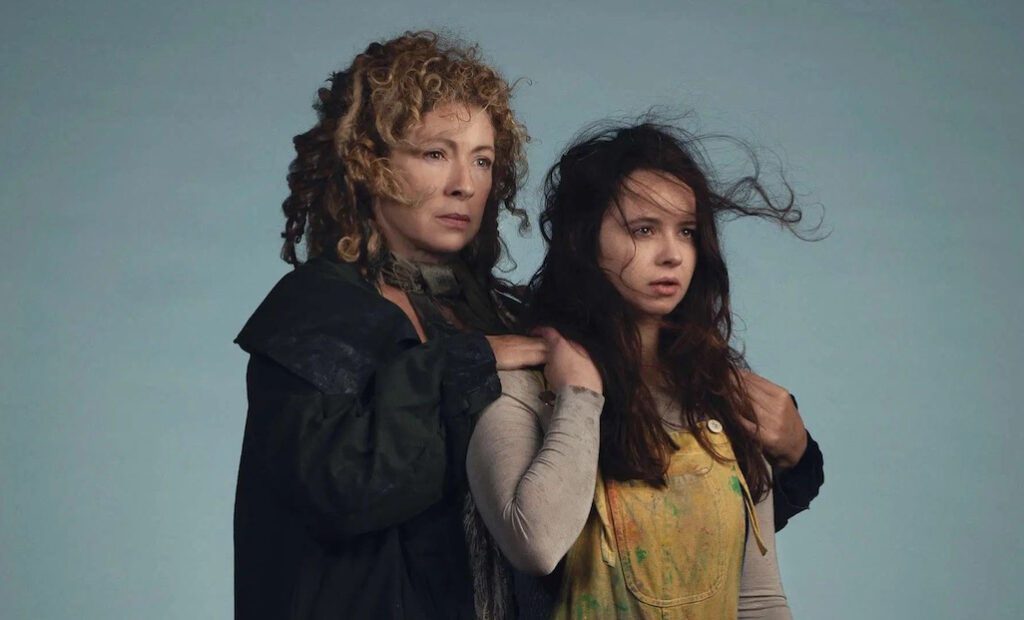
The new production of Shakespeare’s The Tempest at the Royal Shakespeare Theatre in Stratford-upon-Avon this January till March is like nothing seen before. Reimagined in an eco-dystopia, the production embodies environmental consciousness every step of the way, from the changes to the script and characters to the remaking of the world, and the building of set pieces and spaces. Directed by Elizabeth Freestone and starring Alex Kingston as a female Prospero alongside Jessica Rhodes as Miranda, The Tempest toes the line of personal relationships and how they can affect the fragile ecosystem of the surrounding environment.
The production not only showcases the talent of its players, but also the work of set designer Tom Piper following the Theatre Green Book, an initiative for sustainable theatre. Most of the set is reused from materials and costumes borrowed and upcycled from other outings from the RSC. The Upcoming caught up with Jessica Rhodes to discuss the show. The actress graduated from RADA and received critical acclaim for her debut in The Sugar Syndrome at the Orange Tree Theatre. She described her favourite set pieces in Freestone’s Tempest, the changes made to the classic play, and why old Shakespearean stories still resonate with today’s society.
How did you first come across this production and what drew you into becoming involved? Is climate change something you’re passionate about?
I was invited to audition, and immediately upon meeting Elizabeth and hearing her vision for the piece – the mother/daughter dynamic, and envisaging a Miranda who can gut a fish – I knew this was a production I wanted to be a part of; bringing the agency to this fierce, inquisitive, empathic daughter of a powerful mother, raised alongside Caliban who, we can see, knows the island as well as he does. I think it’s important to involve the current climate crisis within art and creative pieces. It’s part of our reality so, of course, it will be represented on stage. Take a walk down any street or path in the UK and you will see plastic or rubbish in the water or on the sides of the road. It’s hard not to be passionate about it! I feel most people in this day and age are aware that things need to change.
What’s your favourite line from the original play by Shakespeare?
“Hear my soul speak: The very instant that I saw you, did, my heart fly to your service” and “Swum ashore. man, like a duck: I can swim like a duck, I’ll be sworn” and many, many others that I can’t list.
When you first received the script for this production, what were your initial thoughts about the changes made to the story, characters and world?
Straight away, having a female Prospero with Alex changed the nature and dynamics of all the relationships on the island: how a mother and daughter survive and experience this world along with Caliban and Ariel; how the relationship with her brother and the King, along with her ally Gonzalo, highlights the patriarchal side to power; how she reacts to new men on the island in the form of Ferdinand. In terms of language, we discussed most of the changes as a company. [For example], we discovered the late Queen Elizabeth II held the title of “Duke of Lancaster”, so we didn’t feel the need to change Prospero’s from “Duke of Milan”.
What is it about Elizabeth Freestone’s direction that makes this production work?
From the very first day in our rehearsal room, we all got up and made the ship, the island, Prospero’s cell, and all the spaces we inhabit with “rubbish” – materials and boxes that had been collected and sourced by Elizabeth and the incredible creative team. It was a collaboration as a company from the get-go. We would explore the space as our characters and then improvise the scene before adding the text. Elizabeth has an incredible presence in the room and leads the space with compassion. She is open, honest, intelligent and passionate; she really encouraged me to try out anything. I honestly feel very lucky that this is my first Shakespeare experience with her.
There’s a lot of environmental consciousness embedded into the production, from the adaptation of the story to the set design. What are some of your favourite set pieces?
Oh, easy! But to stay away from spoilers – I wouldn’t want to ruin it – I do love the flats towards the back that are made of distressed wood and vegetation that Tom Piper has reused from a production of Girl on an Altar at the Kiln Theatre, London. The set itself has so much life, with actors getting to interact and explore it every night. It’s amazing! We didn’t have a full rehearsal set built as that would leave us with a lot of waste, so, when we came into the theatre for tech, there were so many new things to climb and play with. It was fun to see which characters were at odds with it, who feels uncomfortable, and which characters find the safety and potential in what others see as harsh.
The characters are inspired by eco-warriors and Gen-Z environmental activists. Did you do any research on any specific individuals? Whose work do you admire the most when it comes to fighting for environmental changes?
I wouldn’t say the characters were inspired by eco-warriors or individuals within the environmental movement, exactly, although they are inspired by people who are living the reality of these lives, whose beaches have plastic rubbish wash up on it daily, who find ways to repurpose or protect everything they can in their everyday. Islands and coastlines once praised for their natural beauty are now bestrewn with waste, and local communities around the world are doing their best to clear what’s being dumped on them. Some of the people who are the most affected in the global south pollute the least. I’m personally inspired by those around me who show what’s possible and help educate others about what we can do and where to apply what pressure. Most of my research on specific individuals were people like Bear Grylls or climbers, animals and people who generally interact with the wilderness. Miranda’s only seen two humans – her mum and Caliban – prior to this wild day she’s having.
What are your thoughts on Gen-Z and very young individuals leading the movement for change in the midst of the climate crisis?
It really is brilliant to see younger people invested in global issues like this. Bringing new ideas and strong voices is what we need more than ever. It should ring alarm bells that this generation feels compelled to step up, but we should feel inspired by their desire for change.
What other Shakespeare plays do you think could be modernised to help shed light on certain issues today? Why do you think pieces written hundreds of years ago remain relevant?
These plays – along with many of the Greeks as well – are finely tuned stories of the human condition: the great highs and the tragic lows. These texts reveal a lot – some things we would like to hide or forget about ourselves, and other vulnerabilities we don’t show enough. I think if we want to keep doing Shakespeare, we have to constantly push ourselves into asking why. Why now? And what rings true for this audience, this year, with everything that has happened in the news?
You’ve also done some work on the screen, in film and TV – is that something you’d like to do more of, or are you more dedicated to stage productions?
Both, for sure. You learn from everything you do and each medium has a different skillset. I think, if you can, do it all!
What are some of your acting goals for the rest of 2023?
Keep growing. I think that’s one of the great joys of being at the RSC: working with a range of actors from young to older and more seasoned actors, and knowing there’s always more to learn.
Mae Trumata
The Tempest is at the Royal Shakespeare Theatre from 26th January until 4th of March. For further information or to book, visit the theatre’s website here.


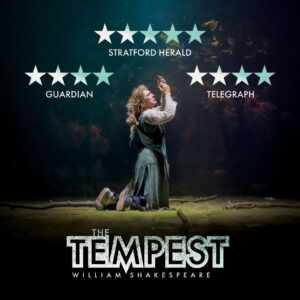
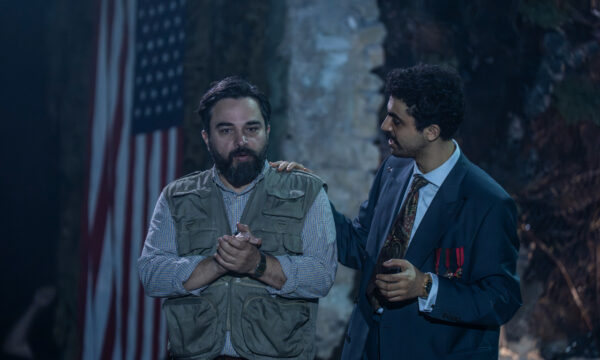
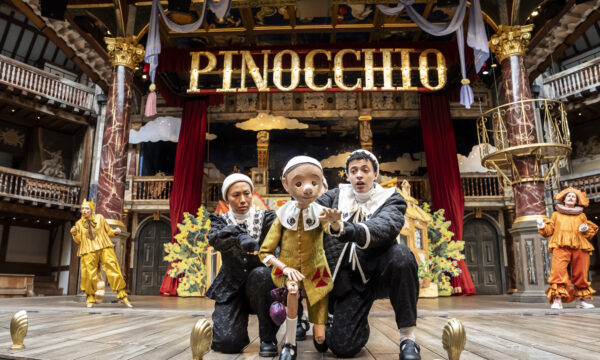
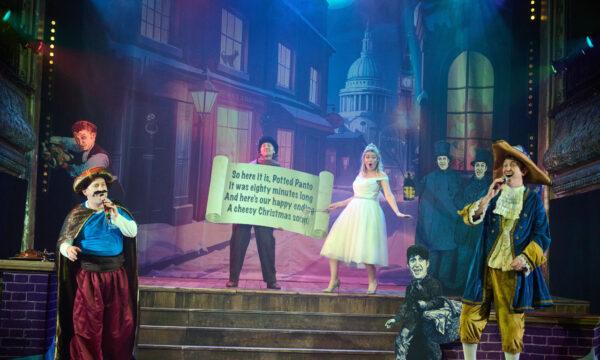

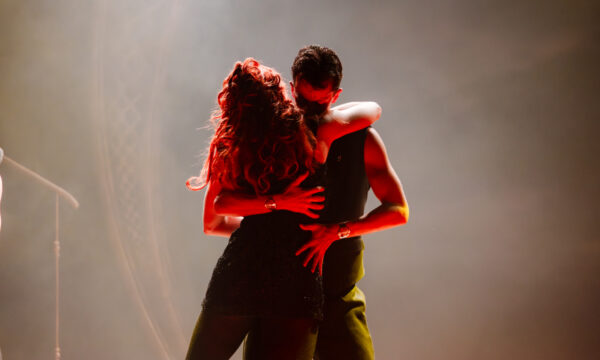
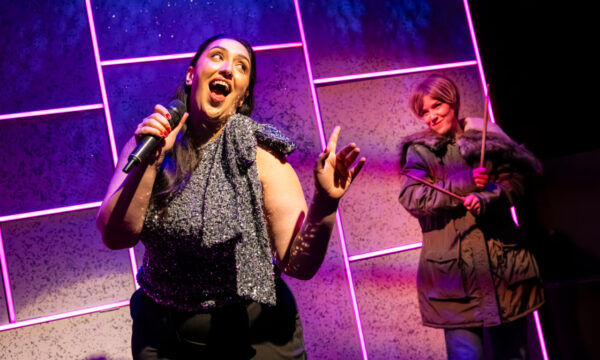
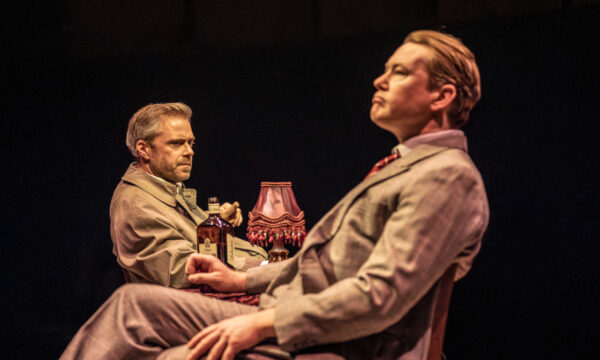
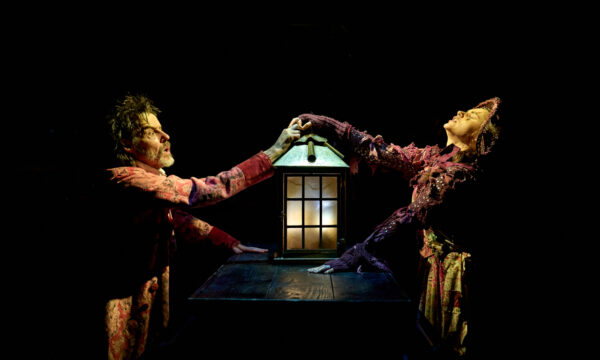
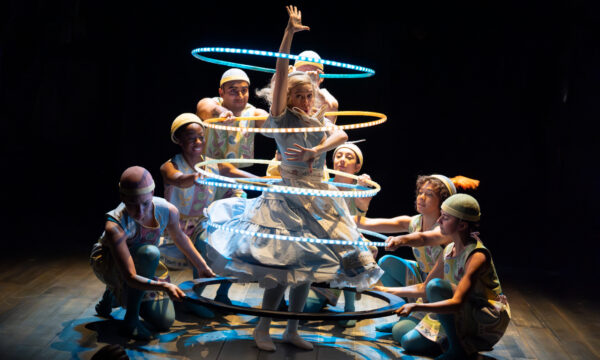















Facebook
Twitter
Instagram
YouTube
RSS